We've found 1000 matches for your search. Order by
Results
-
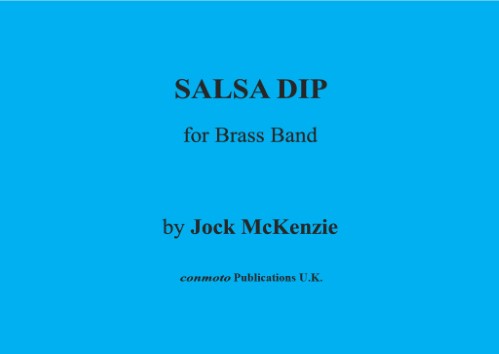 £8.50
£8.50SALSA DIP (score) - McKenzie, Jock
If you require further information on SALSA DIP (score), please
In Stock: Estimated dispatch 1-3 working days
-
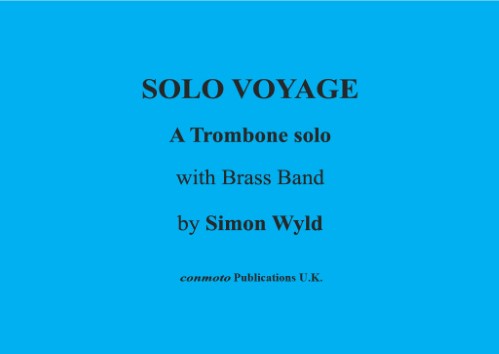 £8.50
£8.50SOLO VOYAGE (score) - Wyld, Simon
If you require further information on SOLO VOYAGE (score), please
In Stock: Estimated dispatch 1-3 working days
-
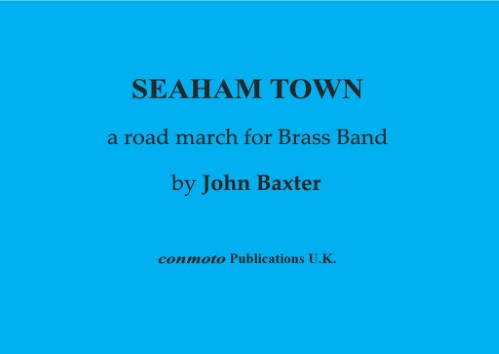 £8.50
£8.50SEAHAM TOWN (score) - Baxter, John
If you require further information on SEAHAM TOWN (score), please
In Stock: Estimated dispatch 1-3 working days
-
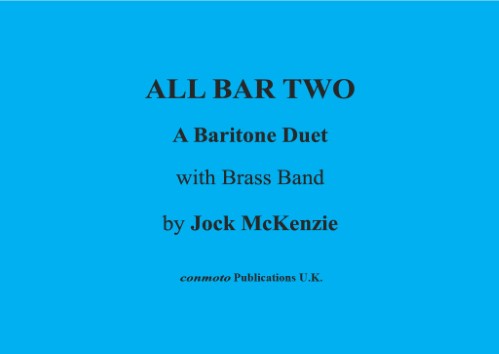 £8.50
£8.50ALL BAR TWO (score) - McKenzie, Jock
If you require further information on ALL BAR TWO (score), please
In Stock: Estimated dispatch 1-3 working days
-
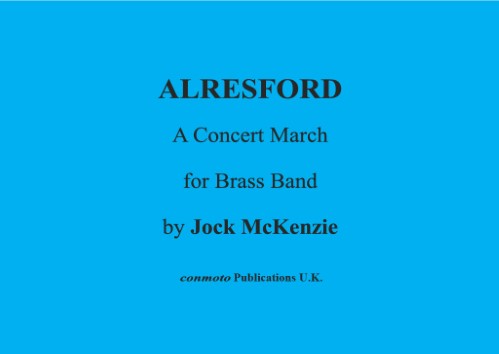 £8.50
£8.50ALRESFORD (score) - McKenzie, Jock
If you require further information on ALRESFORD (score), please
In Stock: Estimated dispatch 1-3 working days
-
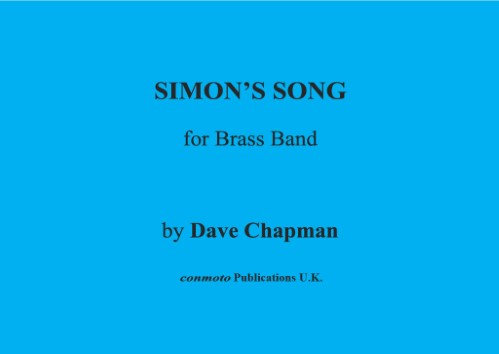 £8.50
£8.50SIMON'S SONG (score) - Chapman, Dave
If you require further information on SIMON'S SONG (score), please
In Stock: Estimated dispatch 1-3 working days
-
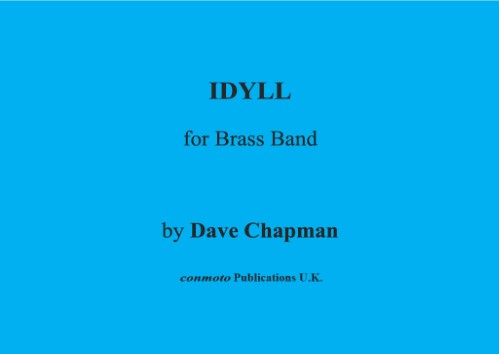 £27.50
£27.50IDYLL (score & parts) - Chapman, Dave
If you require further information on IDYLL (score & parts), please
In Stock: Estimated dispatch 1-3 working days
-
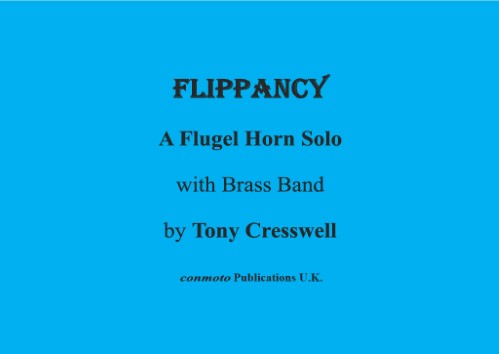 £8.50
£8.50FLIPPANCY (score) - Cresswell, Tony
If you require further information on FLIPPANCY (score), please
In Stock: Estimated dispatch 1-3 working days
-
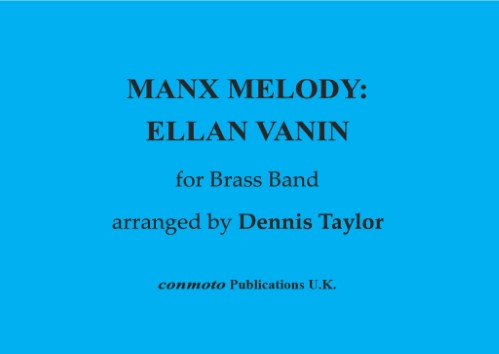 £8.50
£8.50MANX MELODY (score) - Traditional
If you require further information on MANX MELODY (score), please
In Stock: Estimated dispatch 1-3 working days
-
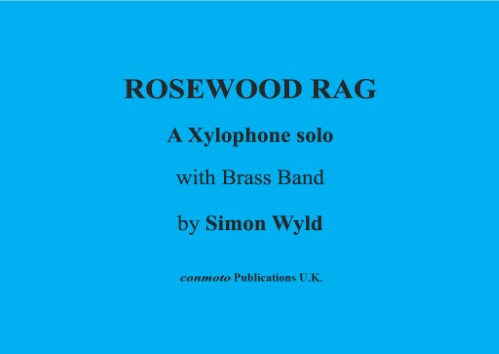 £8.50
£8.50ROSEWOOD RAG (score) - Wyld, Simon
If you require further information on ROSEWOOD RAG (score), please
In Stock: Estimated dispatch 1-3 working days
